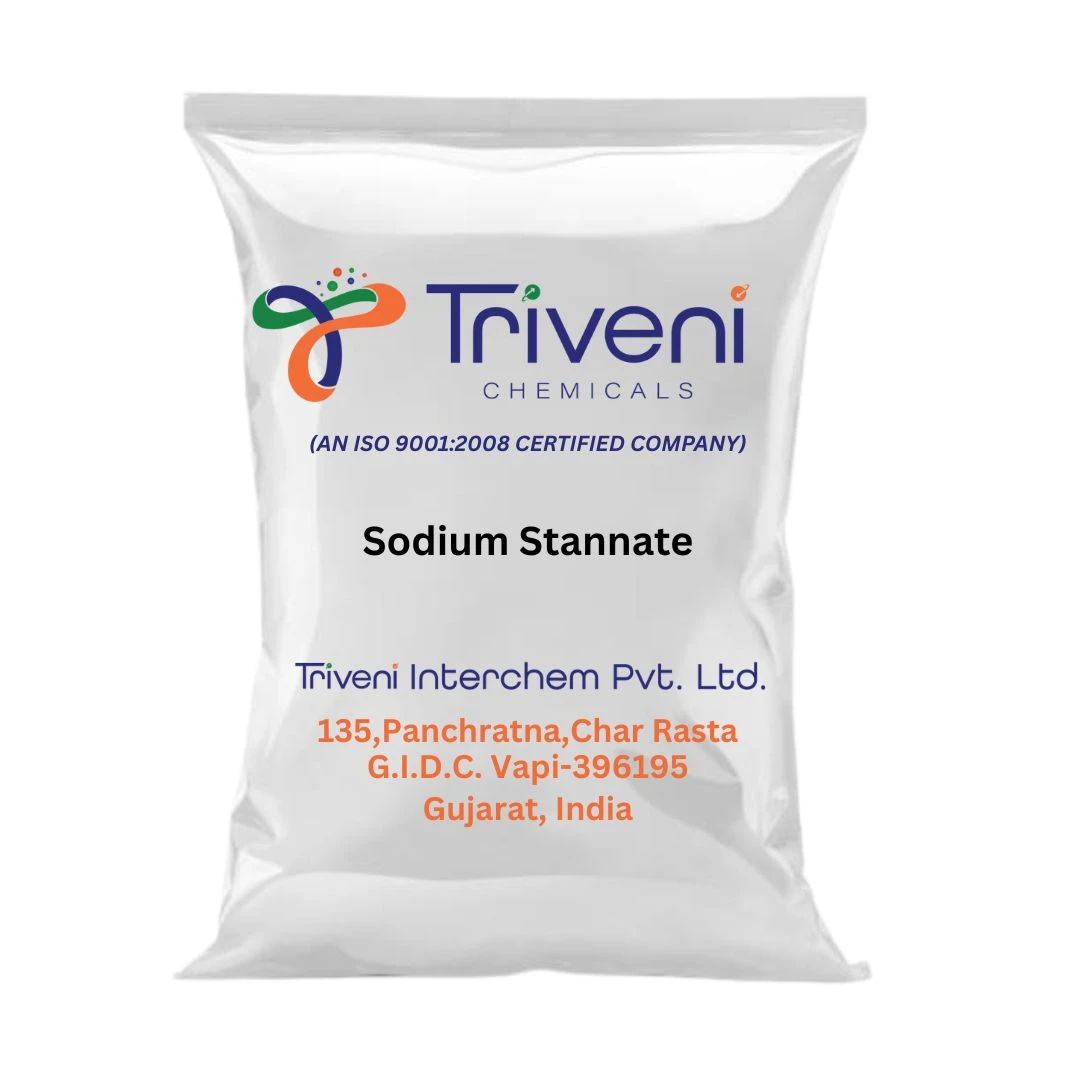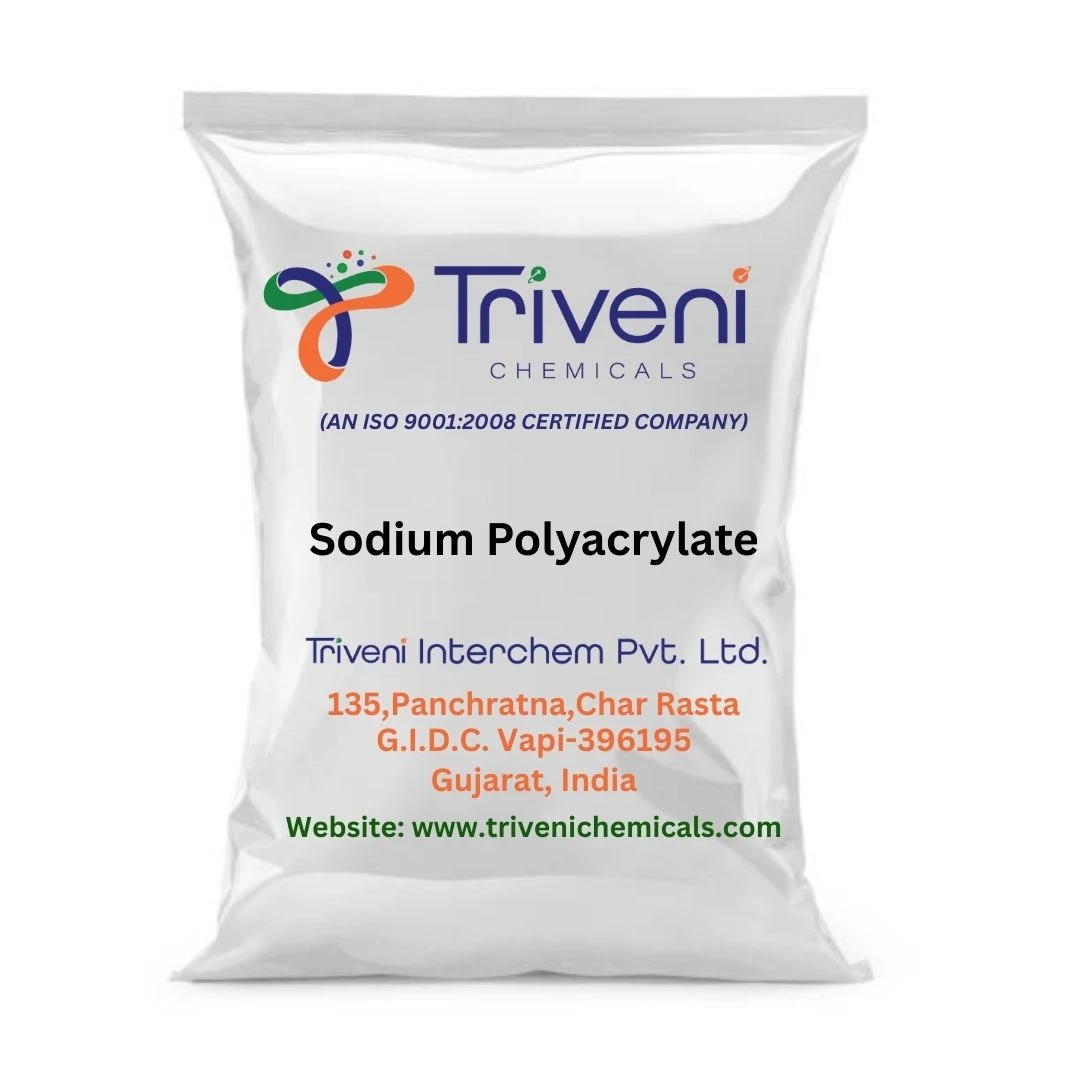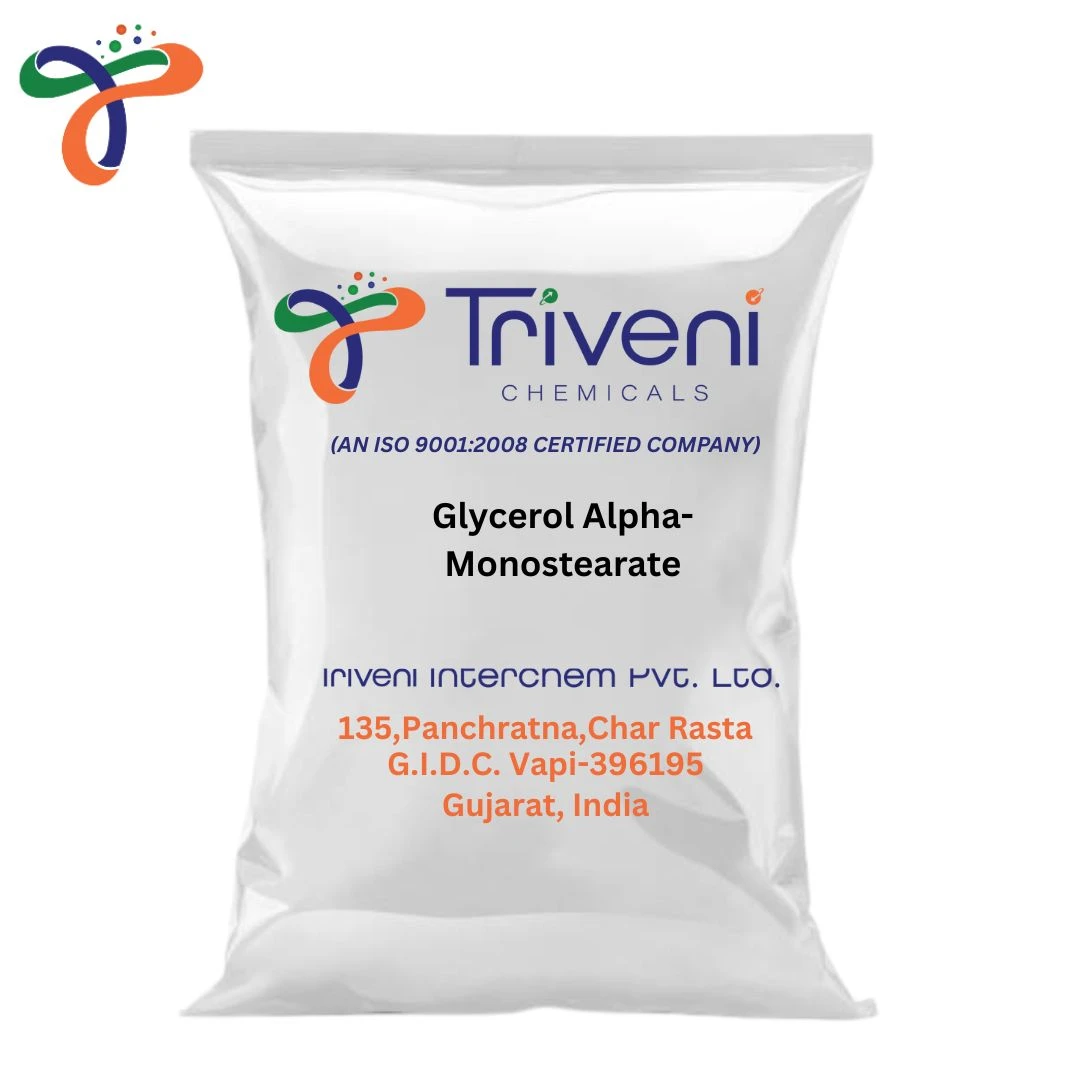Emulsion stabilizers are important in many industries, including food, cosmetics, pharmaceuticals, and even some industrial operations. These stabilizers are substances that help to generate and maintain emulsions, which are colloidal suspensions of two immiscible liquids, such as oil and water, stabilized by an emulsifying agent. Lecithin, a natural material obtained..
Emulsion stabilizers are important in many industries, including food, cosmetics, pharmaceuticals, and even some industrial operations. These stabilizers are substances that help to generate and maintain emulsions, which are colloidal suspensions of two immiscible liquids, such as oil and water, stabilized by an emulsifying agent. Lecithin, a natural material obtained from soybeans or eggs, is a well-known example of an emulsion stabilizer. Lecithin is amphiphilic, which means it contains both hydrophilic (water-attracting) and hydrophobic (water-repelling) components. Because of this property, lecithin may interact with both water and oil, producing a stable barrier between the two phases and preventing them from separating. It's commonly found in foods like chocolate, margarine, and salad dressings. Another important stabilizer is xanthan gum, a polymer generated by the bacteria Xanthomonas campestris during fermentation. This flexible stabilizer thickens emulsions and increases their viscosity. Its capacity to remain stable in a wide range of pH and temperature conditions makes it useful in a variety of food applications, including sauces, dressings, and gluten-free baking. Furthermore, due to its sticky and film-forming qualities, gum arabic, derived from the sap of the acacia tree, serves as an efficient emulsion stabilizer. It's widely used in the beverage business to stabilize flavors and essential oils in soft drinks, and it's also used in the pharmaceutical and cosmetic industries. These stabilizers play a role that goes beyond just stability; they frequently contribute to texture, mouthfeel, and overall product quality. In the cosmetics sector, for example, emulsion stabilizers such as glyceryl stearate aid in the creation of smooth creams and lotions, improving their consistency and spreadability. Stabilizers such as polysorbate 80 aid in the formulation of drugs by assuring uniform dispersion of active components and increasing their solubility.This is critical for medications given as injections or oral solutions. The choice of an emulsion stabilizer is influenced by a number of factors, including the intended product characteristics, compatibility with other additives, and regulatory considerations. Manufacturers are constantly looking for new stabilizers and improving old ones to match changing consumer demands and industry standards, aiming for both effectiveness and safety in the goods they provide.
-
Emulsion Stabilizer – Helps maintain stable mixtures, commonly found in Emulsions for food, pharmaceuticals, and coatings.





